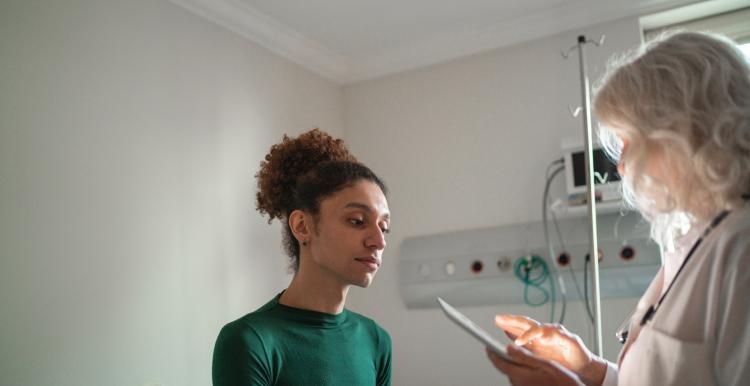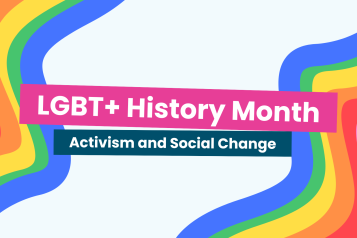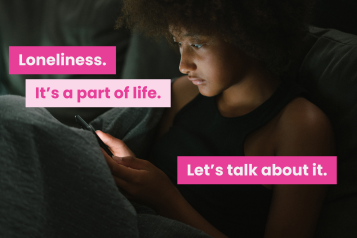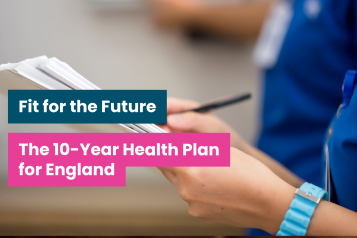Trans and non-binary people face hurdles at every stage of primary care

Evidence suggests that transgender and non-binary people often experience poorer health outcomes than the general population. But what barriers do they face to high-quality care? And what would remove those barriers?
Recent research from Healthwatch has focused on trans and non-binary people’s experiences with GPs – often the gateway to the healthcare system – to learn some of the answers to those questions.
People shared their experiences with administrative hurdles and harmful assumptions. The impact of poor care could be serious, with over half of respondents to the self-selecting survey, almost 1,400 people, only slightly confident or not at all confident about using their GP.
But people also shared stories of good care, in which staff treated them with respect and compassion, and took the time to understand the care they needed.
Download the report
Stephen Bitti, Healthwatch Kingston Chief Executive Officer, said,
"There is a significant lack of evidence on trans and non-binary experiences of health and care services. This research takes important steps to address that gap. From these stories, which outline hurdles and hesitations, we can work toward equity of access for all.
"We will be collaborating closely with local service providers and commissioners to understand how these insights can be utilised to ensure dignity, privacy, and care without discrimination for patients across Kingston upon Thames."
Nick’s story
Nick, 31, from Coventry, says the wrong gender marker on his NHS records makes it hard to get the right care when he needs it.
After changing his name and gender marker in 2023, Nick ended up with two different NHS numbers: the correct, more recent number is on file at his GP surgery, and his old NHS number, which is still accessible to other services, which now has incorrect information.
"It's fine for routine care like GP appointments," Nick explains. "But if I use other services like A&E or NHS111, my old records appear. They still list things like old medications that I'm not taking anymore, so doctors, nurses and ambulance staff are looking at the wrong information."
Nick, who has changed his gender-marker to male, hasn’t been invited to his last cervical screening test - despite a family history of womb cancer. He believes it’s a result of a changing the marker.
It's not just NHS numbers that are having an impact on Nick's life. Long waits for hormone treatment mean that Nick faces barriers at many points in his life.
"Because I can't get a hormone prescription, as soon as people hear my voice, they assume I'm a woman. I get misgendered. On one occasion, I called the bank and they asked all of the screening questions, but still didn't think they were talking to me because I don't have a male voice."
Louise Ansari, Healthwatch England Chief Executive, said:
"In 2018, the government's LGBT action plan said that they wanted "LGBT people to easily access healthcare when they need it most". Seven years on, our findings indicate that many trans and non-binary people feel they face unnecessary hurdles at every stage of care, often in addition to the everyday difficulties the general population faces, such as trying to reach a GP practice by phone.
"From administrative hurdles when changing gender marker to losing access to medical records or having care stopped, the issues have a profound impact on people.
"Deteriorating mental and physical health and being pushed into paying for gender-affirming care are just some of the examples of impacts and health inequalities trans and non-binary people face in the NHS.
“It's now time for the government to develop a holistic and national LGBT+ healthcare strategy that clarifies the extent to which primary care should deliver gender-affirming medical care, especially during long waits for people to see specialists. The strategy should also confirm the future role of adult gender dysphoria clinics, which have been subjected to a national review that has yet to report.”

Healthwatch Kingston is a trans and non-binary safe space.


